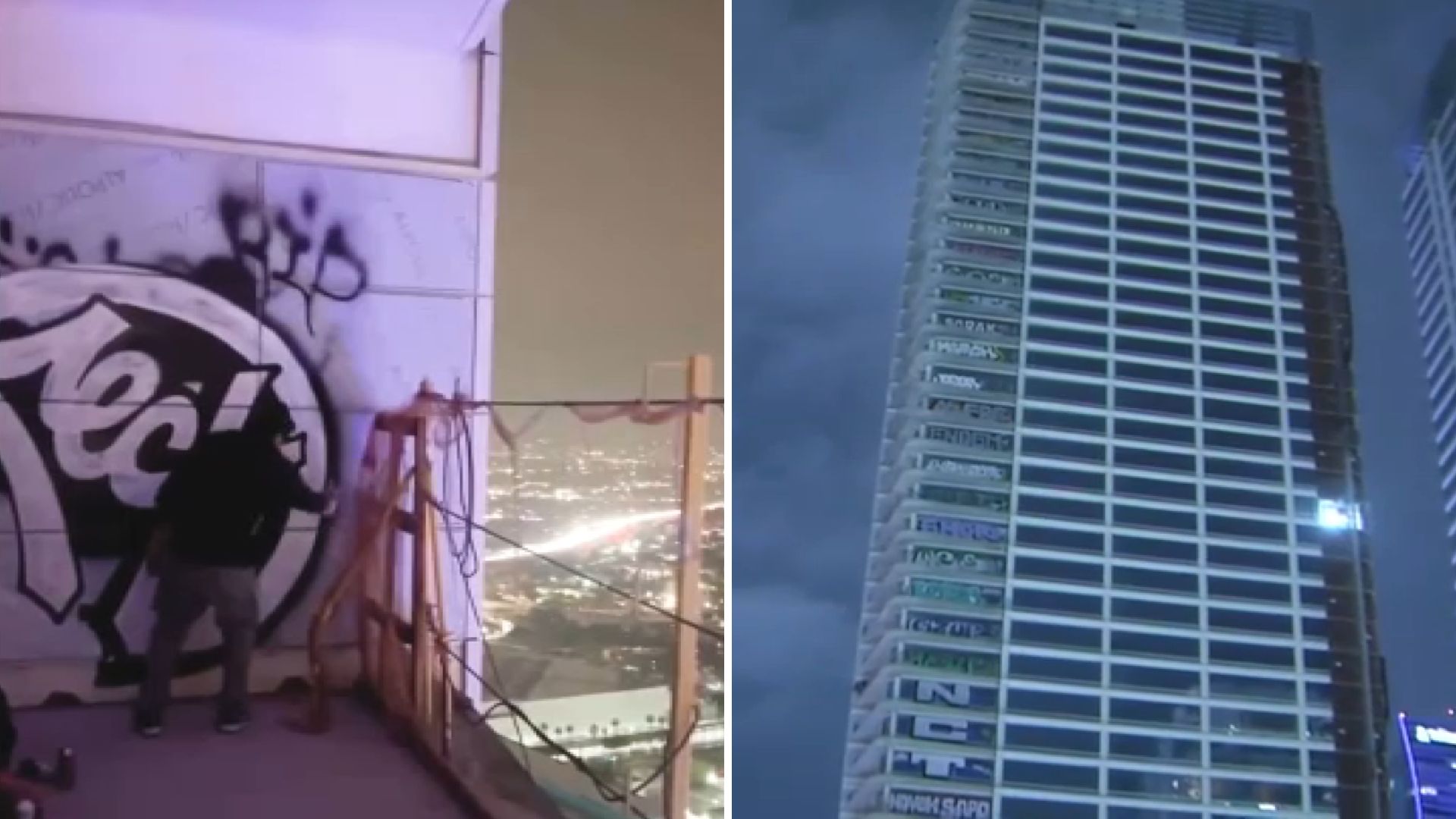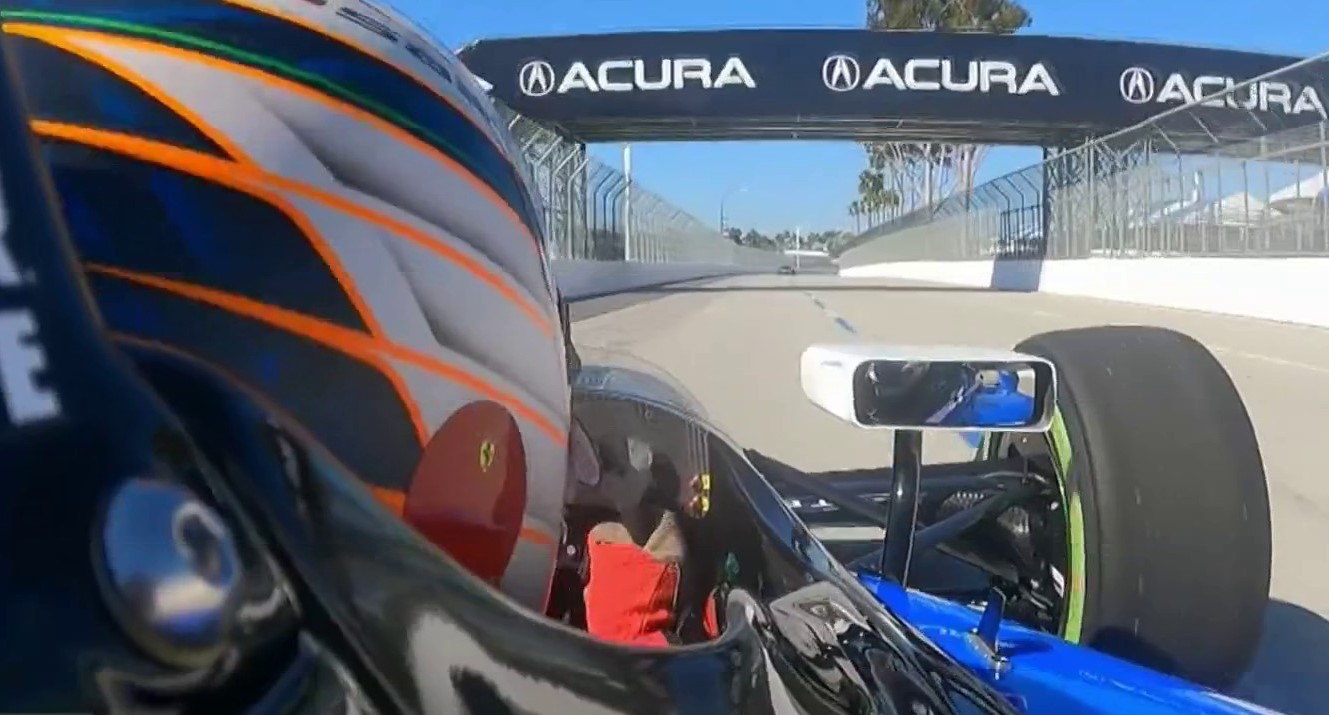It’s a new form of advertising.
Instead of magazines, many shoppers now look to social media outlets like Instagram and blogs for the latest fashion trends, beauty products and vacation destinations.
Known as “social influencers,” bloggers targeting these consumers can rake in hundreds of thousands of dollars for drawing likes on social media.
Many bloggers make money by showing off things they love while also disclosing they were paid, but an NBC4 investigation raises concerns that consumers are being manipulated by posters who have a hidden agenda.
While some bloggers are transparent, the I-Team found others pushing products for a paycheck, lying about liking the items and influencing the marketplace.
Liz Cherkasova is an LA trendsetter behind the popular blog Late Afternoon.
With her breezy outfits, roadtrips and recipes, she’s routinely generating thousands of likes on Instagram, generating an income strong enough to be a full-time job through partnerships she openly discloses on her blog.
“It’s really important for me to be authentic and honest with my audience,” Cherkasova says. “I want my readers to know when a post is sponsored by a client versus something that me and my husband go out and shoot on our own.”
And it’s something she takes seriously, especially after she posted a picture last year, wearing a now-famous Lord and Taylor dress.
News
Top news of the day
Forty-nine other bloggers wore that same dress the very same weekend in a viral event known as a “product bomb.”
“I actually didn’t even know they had that many bloggers on the campaign,” she says.
The department store paid the social influencers between $1,000 and $4,000 each.
The posts reached more than 11 million Instagram users in two days and triggered a government investigation.
“The fact that Lord and Taylor had editorial control and was paying these influencers and there were no disclosures, those are core problems,” says Tom Dahdouh, regional director for the FTC.
The FTC says influencers should clearly disclose if they’re being paid to endorse a product with language like #sponsored.
Lord and Taylor settled with the FTC and the commission didn’t target any bloggers.
The agency says its current focus is on advertising agencies, not on individual posters.
Julie Zerbo has her own blog dedicated to legal matters involving fashion.
“Consumers shouldn’t be deceived, they shouldn’t be misled, they should know when an ad is an ad,” she says.
Weaving products into content is known as native advertising, and it is everywhere. A recent campaign by a hair care company resulted in bloggers posting photos of themselves hugging bottles of shampoo. Few disclosed they were part of a campaign.
Tommy Lei is the face of MyBelonging, a high-fashion men’s lifestyle blog in LA.
“I’m like that high-fashion guy-next-door that you could relate to,” Lei says.
Lei says he doesn’t feel it’s dishonest to omit a sponsorship disclosure.
“I don’t believe so at all because I’m already very loyal to the brand or it’s something that I truly believe in,” he says.
His agent Kyle Hjelsemeth says adding a disclosure could actually hurt his brand by diminishing credibility. He says posts that have disclosure hashtags see much lower engagement than others.
Trying to balance government regulations with making money was one of the topics at a recent sold-out “mommy blogger” conference in Orange County called the Mom 2.0 Summit.
“We’re clear with our bloggers that were open and happy for them to be transparent,” says Jennifer Brember, brand director for Dove, which hosted the Mom 2.0 conference.
With advertisers expected to spend $11 billion on social media ads next year, some of that money will end up in the pockets of bloggers like one who said on Facebook that she took a “campaign for a brand that” she “wasn't particularly thrilled about but it paid her mortgage for the next six months.”
Another said she felt “icky” promoting another brand.
“That really speaks to the heart of the issue. We just don’t know and that creates a marketplace that is not only unfair but it’s very deceptive and that’s not good business,” Zerbo says.
Lord and Taylor provided this full statement in response to NBC4 questions about its social media advertising practices:
"Lord & Taylor is deeply committed to our customers and we never sought to deceive them in any way, nor would we ever. In the FTC's consent order, there is no finding of wrongdoing whatsoever. A year ago, when it came to our attention that there were potential issues with how the influencers posted about a dress in this campaign, we took immediate action with the social media agencies that were supporting us on it to ensure that clear disclosures were made. We cooperated fully with the FTC's inquiry into the marketing of this dress and have of course agreed to uphold the current version of the guidelines. It is worth noting that the FTC has changed its guidelines since last year and we applaud the new guidelines that clarify the rules. We have educated our teams about them and require that any outside agencies or partners we work with understand and adhere to them as well. Further, we encourage the FTC to continue to update and communicate their guidelines clearly and swiftly as the digital and social media landscape rapidly evolves. We remain dedicated to our core values of transparency and honesty in everything that we do for our customers."



